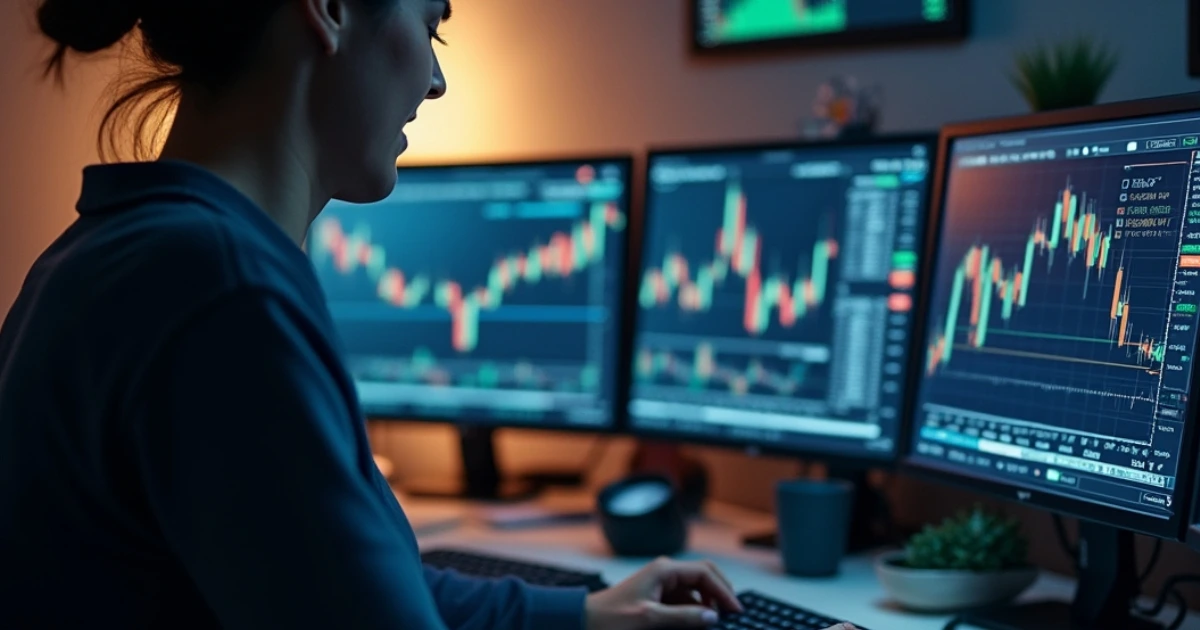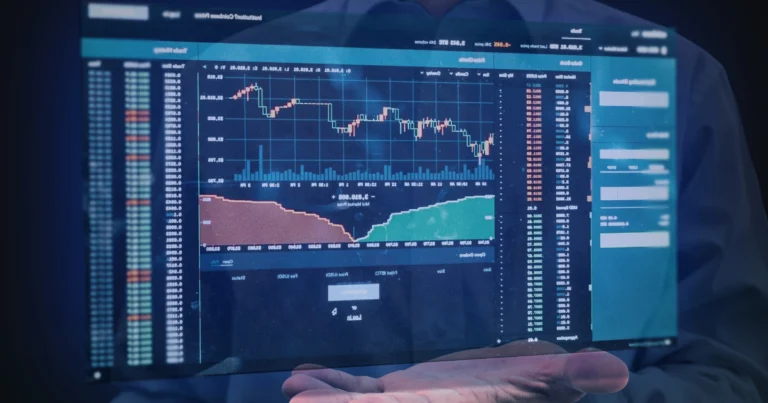Developing trading skills is not just a journey; it’s your pathway to financial freedom and lasting success. Whether you’re navigating the complexities of the stock market, forex, or cryptocurrency, understanding how to build and refine these skills is critical. This article provides a comprehensive roadmap to help you achieve unstoppable success in trading.
Table of Contents
Understanding the Fundamentals of Trading

What Are Trading Skills and Why Do They Matter?
Trading skills encompass a combination of technical knowledge, strategic planning, and emotional control. These skills enable you to analyze the market effectively, make calculated decisions, and mitigate risks. Whether you’re trading stocks, forex, or cryptocurrency, honing these abilities is critical for consistent success.
- Why They Matter: Without solid trading skills, you’re essentially gambling. Skillful traders rely on data, trends, and analysis to inform their decisions, which significantly increases the odds of success over time.
Key Building Blocks of Trading Mastery
- Financial Literacy: Learn to read and interpret financial statements, market charts, and economic indicators.
- Risk Management: Understand how to protect your capital through techniques like diversification and stop-loss orders.
- Emotional Discipline: Stay calm and composed during market volatility. Decisions based on emotion rather than logic can be disastrous.
Essential Trading Skills for Beginners

Mastering Technical Analysis
One of the cornerstones of trading success is technical analysis—the study of price movements and chart patterns to forecast future trends.
- Candlestick Charts: Learn how to interpret patterns like doji, hammer, and engulfing candles.
- Indicators: Familiarize yourself with tools such as Moving Averages, Relative Strength Index (RSI), and MACD.
- Trend Identification: Spot trends and reversals early to position yourself ahead of the market.
Developing Fundamental Analysis
While technical analysis focuses on charts, fundamental analysis examines the economic and financial factors influencing asset prices.
- Macroeconomic Indicators: Keep an eye on GDP, inflation rates, and central bank policies.
- Global News: Events like geopolitical tensions or corporate earnings reports can significantly affect markets.
Crafting a Winning Trading Plan
A trading plan serves as a roadmap, outlining your objectives, strategies, and risk tolerance. Without one, you’re navigating the markets blind.
- Set Realistic Goals: Define what you want to achieve daily, weekly, and annually.
- Allocate Capital Wisely: Avoid putting all your eggs in one basket by diversifying your investments.
- Track Your Progress: Maintain a trading journal to identify patterns in your performance.
Advanced Trading Techniques for Success

Leveraging Trading Strategies for Different Markets
Every market has unique dynamics. Understanding which strategy to use and when is key to maximizing your returns.
- Day Trading: Focus on quick, intraday profits by capitalizing on short-term price movements.
- Swing Trading: Take advantage of medium-term trends, holding positions for days or weeks.
- Position Trading: Adopt a long-term perspective, making fewer trades but aiming for substantial returns.
Using Technology to Your Advantage
Technology has revolutionized trading, providing tools and platforms that make it easier to analyze and execute trades.
- Popular Platforms: MetaTrader, TradingView, and Robinhood offer user-friendly interfaces for all levels.
- Automated Trading Bots: These tools execute trades based on pre-set criteria, reducing the impact of human emotions.
- Real-Time Alerts: Set up notifications for price movements, news events, or changes in market conditions.
Risk Management Techniques for Sustainable Growth
Safeguarding your capital is equally as vital as increasing it. Effective risk management ensures you stay in the game for the long haul.
- Stop-Loss Orders: Automatically close a position to limit losses.
- Position Sizing: Adjust the amount of capital allocated to each trade based on your risk tolerance.
- Risk-Reward Ratio: Aim for at least a 1:2 ratio, where your potential reward is double your risk.
Common Mistakes to Avoid When Mastering Trading Skills
Even seasoned traders fall into traps that can derail their progress. By avoiding these pitfalls, you’ll set yourself up for success.
- Overtrading: Trading too frequently often leads to impulsive decisions and unnecessary losses.
- Ignoring Risk Management: Failing to set stop-loss orders or overleveraging can wipe out your account.
- Neglecting a Trading Journal: Without tracking your trades, you’ll struggle to identify what works and what doesn’t.
Tools and Resources to Hone Your Trading Skills

Must-Have Trading Tools
- Software: Platforms like MetaTrader and TradingView offer advanced charting tools and customizable indicators.
- News Platforms: Stay updated with Bloomberg, Reuters, and CNBC for real-time market insights.
- Simulators: Practice risk-free with demo accounts before committing real money.
Recommended Books and Courses
- Books:
- Trading in the Zone by Mark Douglas: Learn the psychological aspects of trading.
- The Intelligent Investor by Benjamin Graham: Understand the principles of value investing.
- Courses:
- Coursera’s Financial Markets Course by Yale University.
- Udemy’s Technical Analysis Masterclass.
Communities and Forums
Engaging with like-minded individuals can accelerate your learning curve.
- Join Reddit communities like r/DayTrading or r/Forex.
- Participate in trading webinars and live Q&A sessions hosted by experts.
Recipes for Daily Success: Building Habits for Consistent Trading
Creating a structured routine can dramatically improve your performance as a trader. Here’s a sample daily recipe for trading success:
| Step | Time Required | Action |
|---|---|---|
| Morning Preparation | 30 minutes | Analyze global news, check market updates. |
| Market Observation | 1 hour | Identify trends, set alerts on key levels. |
| Execution & Review | 2 hours | Execute trades, log results in trading journal. |
FAQs About Mastering Trading Skills
What Are the Best Ways to Learn Trading Skills?
Start with free resources like Investopedia, enroll in online courses, and practice consistently using demo accounts. Joining trading communities can also provide valuable insights.
How Long Does It Take to Master Trading Skills?
While timelines vary, many traders begin seeing consistent results after 6-12 months of focused practice. Patience and persistence are key.
Can Anyone Become a Successful Trader?
Absolutely! With dedication, a growth mindset, and the right tools, anyone can develop the skills needed to excel in trading.
Conclusion
Mastering trading skills is a lifelong journey that demands discipline, learning, and adaptability. By leveraging the techniques and tools discussed in this guide, you can build a strong foundation for unstoppable success. Remember, the market rewards those who prepare, strategize, and persist.







